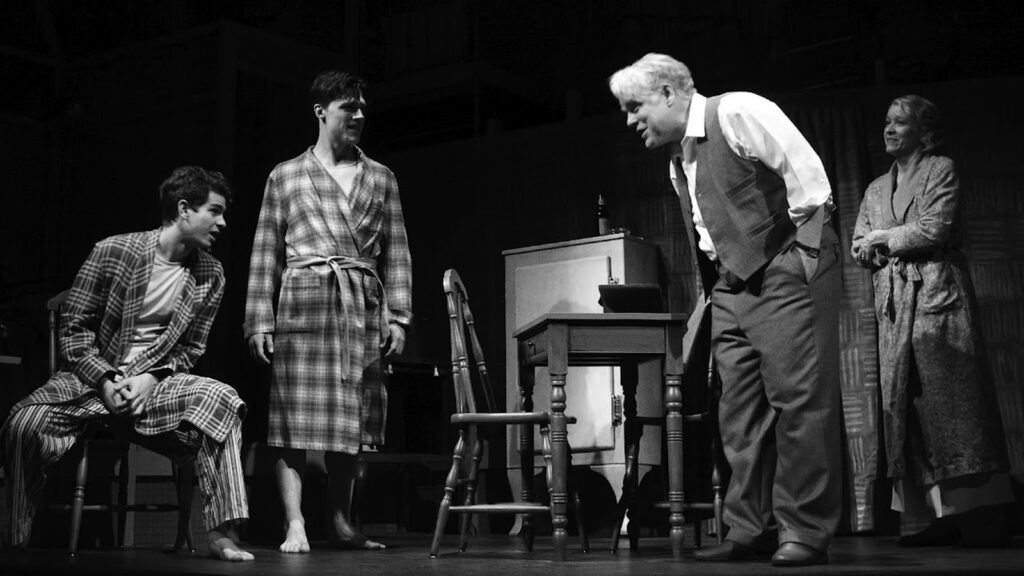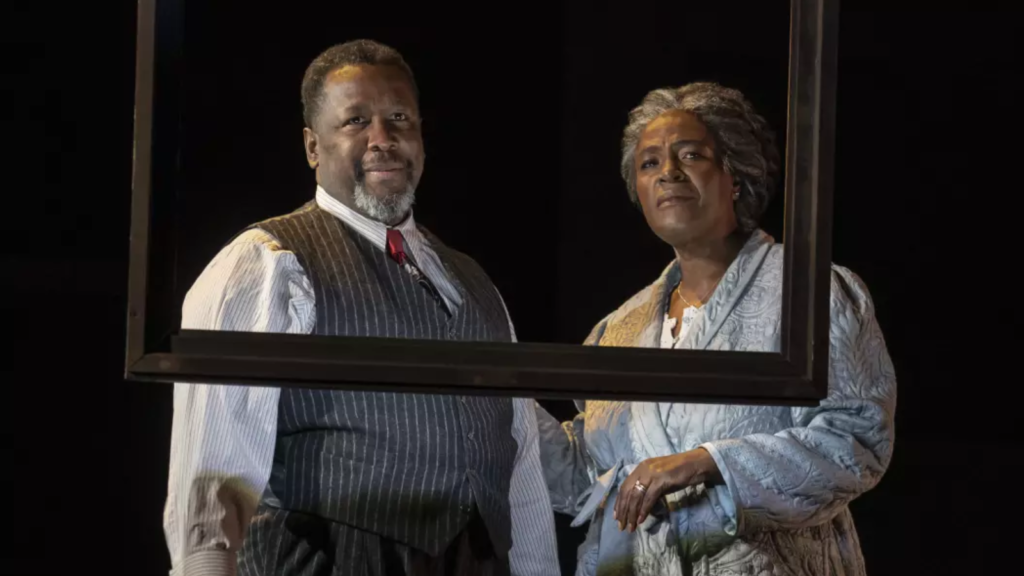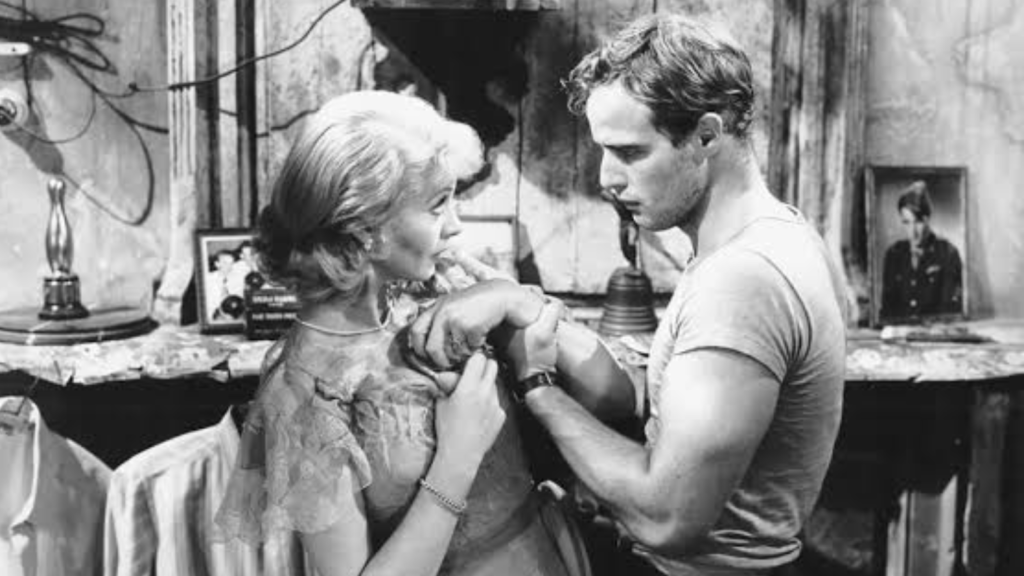Article ::
Srishti
The American Dream has been one of the topics that has been widely discussed in its literature as well as in movies. It keeps me thinking that dreams aren’t owned by any one country, place, or human, then why is it that the American Dream is so intriguing? I don’t have an exact answer to this, but its culture widely promotes it, and that can be one of the reasons. Another reason could be that America’s foundation was laid down by immigrants who literally built their lives from scratch, so dreams were necessary for their survival.
Recently, I read a play The Iceman Cometh by Eugene O’Neill. Anyone related to literature must have heard of him, as he is the only American playwright to have won the Nobel Prize and has also won the Pulitzer Prize four times. Something stirred up inside me when I read the play. I kept thinking about America and its writers—and more about the play. I read articles and interviews by Eugene O’Neill on the same subject. His “Iceman” in the title represents death. The Iceman can’t come until the characters in the play let go of their pipe dreams. The same goes on in the real world we call ourselves alive as long as we dream and hope.
The characters have defined lives. They all rush toward alcohol and keep themselves indulged in an unconscious world, clinging to dreams. When I read them, I felt anxious about their lives and life in general. Larry reminded me of Jimmy Porter from the play Look Back in Anger. Jimmy was born ten years after Larry. Larry seems so angry about the way the world is going. He seems disappointed in life. He is just existing and thinking. He doesn’t promote anything and tries to philosophize life.
Then comes Hickey, who tries to persuade everyone to give up on their pipe dreams. He doesn’t want people to believe in anything. For him, every hope is just an illusion. He gives long speeches about life being miserable and futile. Everyone seems confused because they have nothing to rely on but hope. They keep falling into the trap that is life and keep drinking. Their words feel shallow because there aren’t any actions involved.
Eugene O’Neill was disappointed in his own country. In one of his interviews, he discussed how America had lost its foundation, despite having so much potential. He said in one of his works:
“There is no present or future—only the past, happening over and over again—now.”
America is a place where people hope. It began long ago, when Emily Dickinson, in the 19th century, wrote:
“Hope is the thing with feathers—
That perches in the soul—”

Death of a Salesman
Another play, Death of a Salesman by Arthur Miller, came three years after The Iceman Cometh. It portrays the American Dream more realistically. Willy Loman dreams on behalf of his children. He hopes that his son gets a job which helps him live that luxurious life. He and his wife buy a house for themselves and spend their lives in paying for it. Biff points out,
‘Work a lifetime to pay off a house. You finally own it, and there’s nobody to live in it’?
These plays don’t present the Dream as easy to achieve. Every discussion about these dreams features people from the lower middle class, crushed under the weight of their own aspirations. They often succumb to death in its shadow, and some even give up on life, like Willy Loman in Death of a Salesman and Don Parritt in The Iceman Cometh.
While these writers focused on the dreams of the people, disparities within their own society, such as racial segregation and class consciousness, made those dreams questionable. In his 1951 poem Harlem, Langston Hughes wrote:
“What happens to a dream deferred?
Does it dry up…?”
In 1959, Lorraine Hansberry wrote the play A Raisin in the Sun, borrowing its title from Hughes’ poem. This play focused on American Dreams, this time through the eyes of Black Americans. Their lives hang on an insurance payout, and all their dreams are attached to it.
Owning a house in a good area is so important for these people and mostly for everyone around us in the present times too. Now a days we don’t actually own anything from our playlist of songs to the clothe we wear, everything is on rent meant to be returned before our actual departure from this earth. We pay everyday for one or the other thing. We have nothing we can call our own. Sometimes, even our dreams are on rent, actually most of the times they are on rent. We keep paying for it and one day we start questioning our lives and dreams. It doesn’t end ever.

Death of a Salesman
Edward Albee, another American playwright, wrote The Zoo Story, a play about two people meeting in a park and talking about life. One has a stable life, family, job, home, while the other is isolated and questioning everything around him. Eventually, the one who questions ends up shaking the foundation of the other’s so-called normal life. The same thing happens in The Iceman Cometh, when Hickey tells everyone to give up every illusion, we call a dream or hope. The moment people start thinking deeply, they realize that Hickey was the one who killed his own wife. All morality drowns after that, because Hickey’s crime turns him into someone who can be discarded. Criminals make sense only in prison, not in the world outside. We need rationality and morality to hold onto, no matter how far we are from them in the real world.
In A Streetcar Named Desire, Tennessee Williams makes Blanche say:
“I don’t want realism. I want magic.”
And maybe that’s true. We all want our lives to continue somehow. For some, even sadness or madness can be a form of survival. We, as humans, hold onto anything and turn it into a mirage just to keep living. Stella, Blanche’s sister even after realizing the truth about her husband being a molester, refuses to admit it because she needed a lie to hold onto. She chose her husband as the delusion for survival. She believed on things she wanted to believe. She chose for herself. We all do the same. We choose our own little worlds, our own personal lies.

A Streetcar Named Desire
“The pursuit of happiness” was one of the fundamental rights in the American Declaration of Independence in 1776. There’s a movie by the same name (The Pursuit of Happyness, 2006), inspired by the real life of an American man who transformed his life because he dared to dream.
Movies have shown American life in many ways. The Shawshank Redemption is a popular example. It tells an unimaginable story of a man who transforms his life from prisoner to millionaire. But even in that film, one of the prisoners can’t face life outside after serving a long sentence and ends up taking his own life. Life is not always flowery or easy. We can’t believe fully in just one thing. Every story has many sides.
It doesn’t matter which country we belong to, what keeps us going are hope and dreams. Avtar Singh Sandhu, a Punjabi poet, once said that the most dangerous thing in life is when our dreams die. Dreams have been one of the most prominent topics since the time human beings were gifted with the art of communication and the weapon of language. Since then, all they talked about is dreams- multiple dreams. The American dream became popular because it became the medium for Americans to talk about their culture, about their country and ultimately about their existence. It rose slowly with its dreams and rose to the power that today’s America is. It became a cry and revolution for the world to behold that dreams may be the reason for all our sufferings, but it is also the platform where civilization breathes.
Death may be the widest escape, but we choose to live. We keep living through every sort of situation, maybe because we hope things will settle, and life will start to make sense. We do away with everything when we wish to see the light of days, multiple days. Americans did that, we all did that we still, do that and we will keep doing till there are people who wish to be happy. The American dream is everywhere.
It doesn’t matter how it all started but we need a better end. We wish to die happy.
Srishti is a writer and a translator. She is pursuing her PhD currently from Lucknow University. She can be contacted at shristithakur94@gmail.com.

